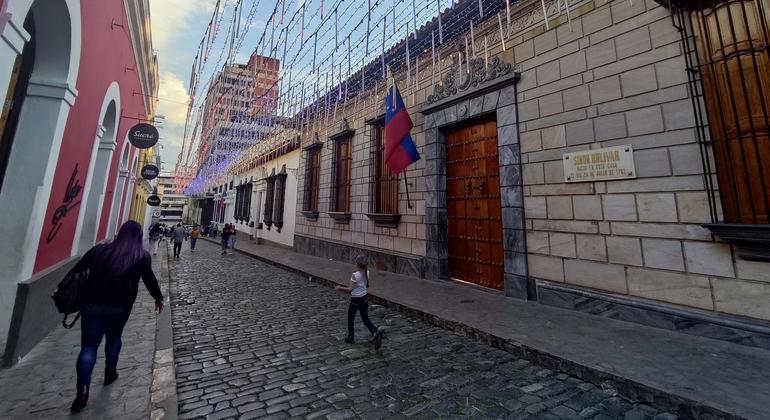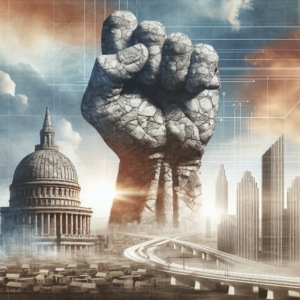Here’s the translation into American English:
—
The political persecution in Venezuela has reached alarming levels, according to a recent report from the UN Independent International Fact-Finding Mission. This body has warned that the only hope for justice for the victims of human rights violations lies in the action of the international community.
The study, presented to the UN Human Rights Council, provides new evidence regarding the repression that intensified following the presidential elections on July 28, 2024. During the period of protests stemming from these elections, 25 deaths were documented. At least 12 of these involved state security forces. In the city of Maracay, it was reported that members of the Bolivarian National Guard and the Army opened fire on protesters, resulting in a tragic toll of six fatalities.
Marta Valiñas, head of the Mission, denounced the lack of significant updates from the Attorney General’s office regarding the investigations, claiming that the security forces were not held responsible. “Our investigation has revealed the opposite: all the deaths remain in impunity,” she stated.
The report also documented five deaths of individuals who had been detained during the protests, suggesting that the state failed to provide adequate medical care. Patricia Tappatá, an expert from the Mission, emphasized that these incidents constitute arbitrary deprivations of life and denounced the mistreatment of families, as well as the lack of effective investigations.
Despite approximately 2006 of the 2220 detained individuals being released in 2024, there has been an increase of at least 200 new selective arrests in 2025, many of which target government critics. Particularly concerning is the fact that 220 minors aged between 13 and 17 were detained under inhumane conditions that included sexual violence and violations of due process.
The report exposes a state scheme of systematic torture, encompassing asphyxiation, beatings, and electric shocks. Judicial authorities appear to ignore these serious allegations, while laws regulating the “financing of NGOs” have forced many civil organizations to shut down or restrict their operations.
Marta Valiñas issued a warning, stating that the evidence supports the ongoing political persecution in Venezuela. “There is no will on the part of any national authority to prevent, investigate, or sanction these human rights violations,” she concluded.
The situation described suggests that justice in Venezuela has abandoned its primary function, leaving victims at the mercy of the international community in search of responses and actions regarding the violations of their rights.
Referrer: MiMub in Spanish











